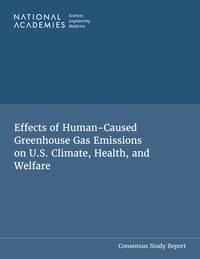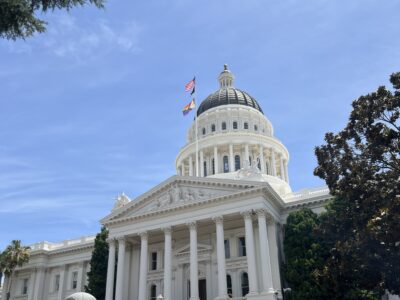Ten Lessons from the Financial Reform Bill
- It is easier for a camel to pass through the eye of a needle than for a bill to get cloture in the Senate.
- Nevertheless, when something is important enough, the Senate can overcome its paralysis and pass legislation.
- BUT the legislation will be greatly weakened in the process.
- Bismarck didn’t go far enough when he said that people who like law and sausages shouldn’t watch either one being made. At least there are health and safety rules for sausages. Legislation is pure unrestrained butchery.
- A President can accomplish incredibly important reforms even without high approval ratings. Sadly, these important accomplishments may not help the approval ratings.
- So we might actually get climate legislation this year. Really.
- But if we do, it will involve heroic effort.
- All of which means the resulting legislation won’t be what we were hoping for. Not even close.
- All of which means, for different but overlapping reasons, environmentalists and economists will both have lots of valid complaints. You can be sure that these will be voiced loudly on both side.
- All of which means that we might — just might — MAKE SOME PROGRESS. (Although not as much as need.)
Reader Comments
One Reply to “Ten Lessons from the Financial Reform Bill”
Comments are closed.







Some problems with the facts in your post. The financial bill got stronger on the floor of the Senate. It didn’t have that much trouble getting cloture because it was a popular bill. At one point, it was held up by Democrats–not Republicans–like Maria Cantwell who wanted to keep making it stronger despite Wall Street pressure to cut the bank’s losses and get the thing over with. Republicans didn’t fight the bill very hard–and three went along with it–again, because, unlike health care, it was popular. Right or wrong, health care was not popular. If health care had polled as well as financial reform, it too would have gotten through the Senate without all the gymnastics.
Cap and Trade is not popular. Folks don’t understand it. The don’t know that it’s an idea about regulation that came from pro-market thinkers on the right who figure the market will make regulation more efficient. If you explain that, they won’t necessarily believe you. Even if they do believe that cap and trade could theoretically be a more efficient way to cut carbon emissions, they don’t have confidence in any market structure that Congress designs. That structure will pick winners and losers depending on who lobbies best and contributes most–a really toxic topic right now. And, of course, folks really don’t understand the climate debate or the climate science. For most Americans, the issue is overwhelmingly political.
I think we have to do the hard work of convincing folks that there is a climate problem that has to be solved, that can be solved and that is worth solving. We may have to work in steps–a more efficient energy economy as a first goal, for example–while building support for GHG reductions–an argument we will inevitably win. I think it is a huge mistake to push the administration into a compromise bill that alienates independents and disappointed Obama’s base.
Better to focus on simple, direct solutions, especially efficiency. Lay the groundwork for something bipartisan like the Lugar bill or perhaps cap and dividend, Collins Cantwell, where folks get a direct payment.